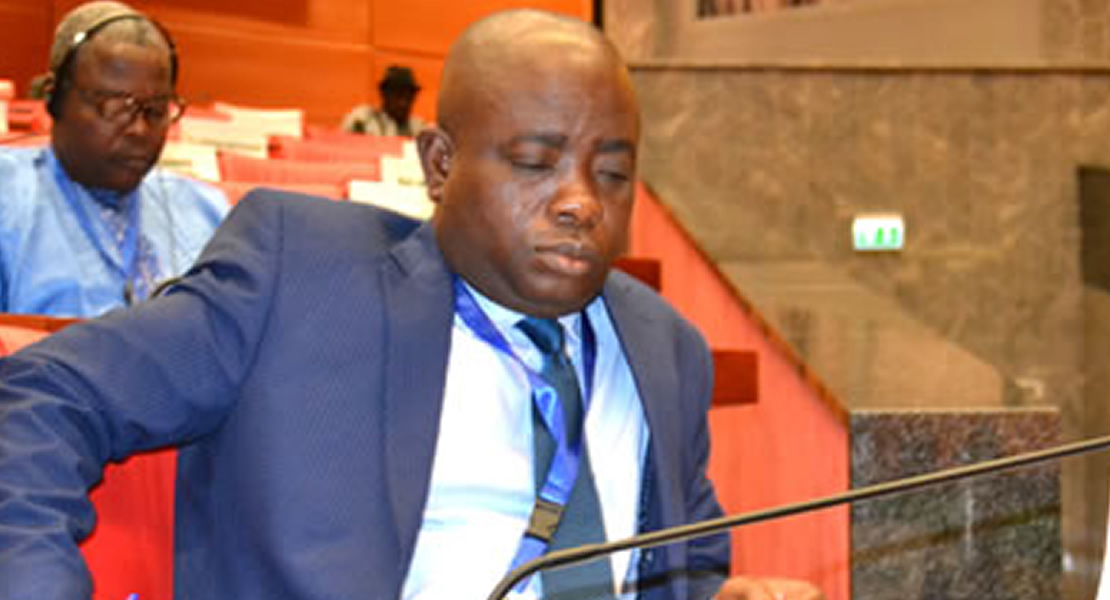
The Ministry of Water Resources, Works and Housing is to collect data on all state properties in the country and capture them into a central database as a way of managing government assets more efficiently.
The Ministry has therefore adopted the Geographic Information System (GIS) format which is being introduced in the management of the facilities, starting from the Greater Accra Region.
About 70 per cent of all state properties nationwide are located in the Greater Accra Region while the rests are scattered in the other seven regions. Most of the properties are either being lost or stolen by the general public due to lack of proper data on such properties.
Mr Sampson Ahi, Deputy Minister of Water Resources, works and Housing who announced this on Thursday in Accra, said the lack of supervision of government properties had also resulted in boys’ quarters, garages, porches and land spaces of bungalows being turned into convenient stores, chop bars and restaurants adding more stress on the structures.
He said this at a day’s workshop on the Development of GIS for Managing State Properties for estate officers of the Ministries Department and Agencies (MDAs) and Metropolitan, Municipal and Districts Assemblies (MMDAs) in the Greater Accra Region.
He said a pilot inventory was done in the Greater Accra Region and that also revealed that some of the state bungalows meant for one household rather contained more than one family and in some cases, as many as six different occupants.
It was also discovered that some of the occupants of government accommodation have not gone through the laid down allocation process and are therefore not paying the stipulated rent that applies to all occupants.
“This is a loss of revenue to Government, and stifles the state of resources that could have been used to maintain this structure,” he said.
Mr Ahi said that was why the 11-member Government Buildings and Properties Management Committee was set up last year to take inventory of all government properties, delineating office and residential accommodation.
The work of the Committee would help provide reliable information on the different categories of properties, current status, occupants and also have a fair idea of the economic value of the properties.
Mr Ahi appealed to estate officers of public sector institutions to support the Committee to do its work in ensuring that Ghana had a meaningful planning with accurate data.
A geographic information system (GIS) integrates hardware, software, and data for capturing, managing, analyzing, and displaying all forms of geographically referenced information.
Mr Louis Darko, Head of Technical and Support Service, Sambus Geospatial, the Company that designed the GIS, explained that the system would enable the collection of data of all state properties to help map them out and to manage buildings and installations.
GIS also allows viewing, understanding, question, interpreting, and visualizing data in many ways that reveal relationships, patterns, and trends in the form of maps, globes, reports, and charts.
GNA